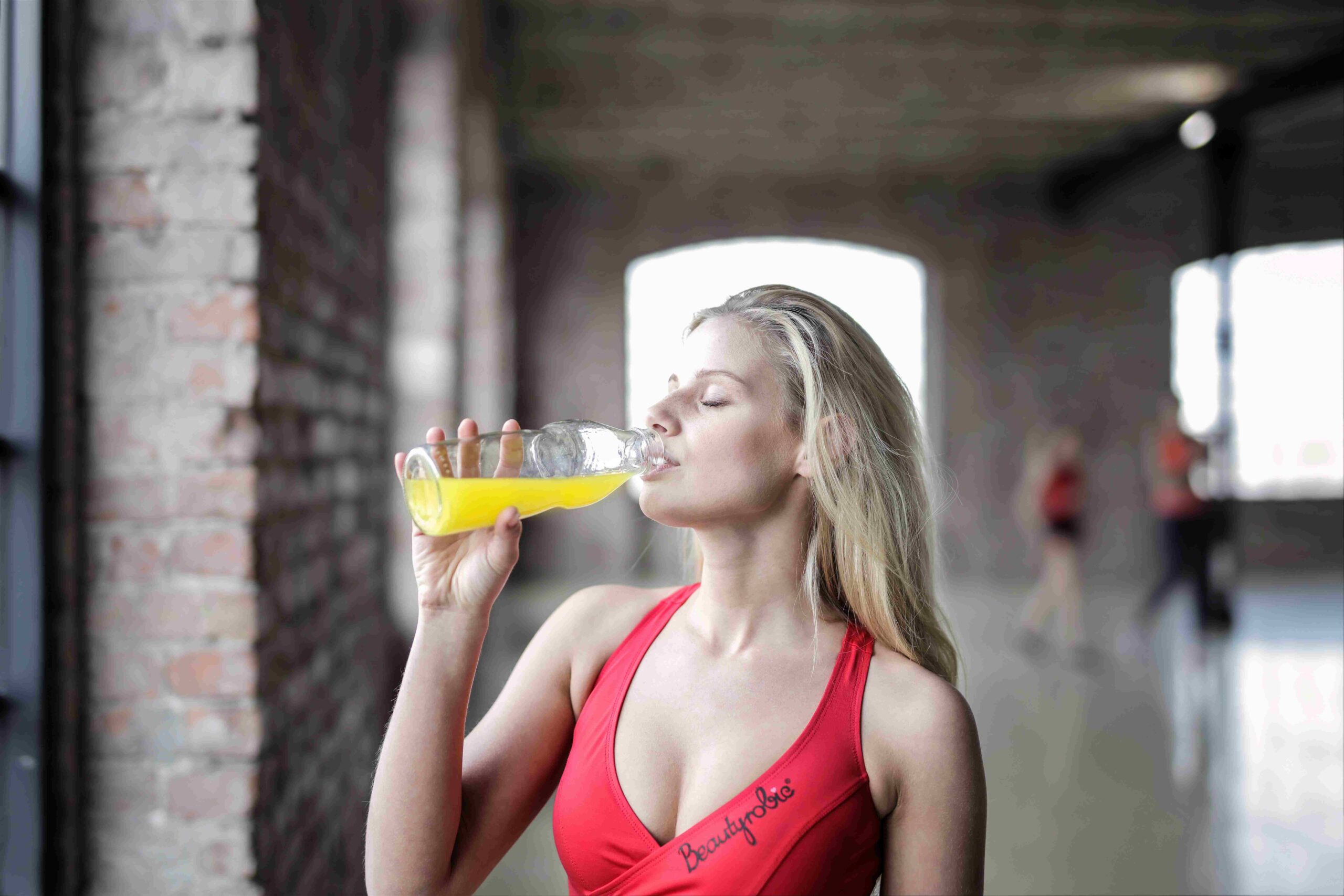
The Role of Nutrition in Athletic Performance
Article Level: B1-B2
Explanation: This article explains how proper nutrition supports athletic performance. It covers the importance of carbohydrates, protein, hydration, vitamins, and meal timing, offering practical advice for athletes to improve energy, recovery, strength, and endurance.
Read more: The Role of Nutrition in Athletic PerformanceCommonly Used Words from the Article
-
Athlete /ˈæθliːt/ (noun): A person who is trained in or good at sports.
The athlete trained daily to prepare for the competition.
-
Hydration /haɪˈdreɪʃən/ (noun): The process of having enough water in the body.
Proper hydration helps the body work efficiently.
-
Recover /rɪˈkʌvə/ (verb): To return to normal health or strength.
She needed time to recover after the long run.
-
Nutrient /ˈnjuːtriənt/ (noun): A substance that provides nourishment for growth and health.
Fruits and vegetables are full of important nutrients.
-
Endurance /ɪnˈdjʊərəns/ (noun): The ability to keep doing something difficult for a long time.
Long-distance runners need a lot of endurance.
Audio File of the Article

The Role of Nutrition in Athletic Performance
For athletes, success depends not only on training but also on proper nutrition. What you eat can directly affect your energy levels, recovery, strength, and focus. Nutrition plays a key role in helping athletes perform at their best, both in training and during competitions.
Energy and Endurance
Carbohydrates are the body’s main source of energy. Athletes need a good amount of carbs, especially before and after training. Foods like brown rice, oats, bananas, and sweet potatoes provide long-lasting energy. Without enough carbohydrates, athletes may feel tired quickly and struggle to complete intense workouts.
Muscle Growth and Repair
Protein is essential for building and repairing muscles. After exercise, muscles need time and the right nutrients to recover. Eating protein-rich foods such as chicken, eggs, beans, or tofu helps repair muscle tissue and encourages growth. Spreading protein intake across meals during the day is often more effective than eating a large portion at once.
Hydration and Focus
Staying hydrated is just as important as eating well. Water helps regulate body temperature, transport nutrients, and remove waste. Dehydration can lead to muscle cramps, tiredness, and even poor decision-making during a match or race. Athletes should drink water regularly throughout the day, not just during exercise.
Vitamins and Minerals
Micronutrients like iron, calcium, and vitamin D are vital for performance. Iron supports healthy blood and oxygen flow, while calcium and vitamin D strengthen bones. A balanced diet with vegetables, dairy, nuts, and fruits helps ensure athletes get all the vitamins and minerals they need.
Meal Timing Matters
When athletes eat is just as important as what they eat. A balanced meal 2–3 hours before training gives enough time for digestion and energy release. After training, eating within 30–60 minutes can help speed up recovery.
Supplements: Use with Care
Some athletes use supplements like protein powders or vitamins, but these should not replace a healthy diet. It’s always best to get nutrients from real food. If supplements are needed, athletes should speak to a health professional first.
Conclusion
In sport, nutrition is not just fuel – it’s part of an athlete’s strategy. By eating the right foods at the right time, athletes can improve their strength, speed, and recovery. Whether you’re training for a marathon or just trying to stay active, nutrition will always be a key part of success.

Grammar Notes
✏️ Grammar Focus:
-
Present Simple (e.g. “Nutrition plays a key role”)
-
Modal verbs (e.g. “Athletes should drink water regularly”)
-
Zero conditional (e.g. “If supplements are needed, athletes should speak to a health professional”)
-
Passive voice (e.g. “Micronutrients are vital for performance”)
-
Infinitives of purpose (e.g. “to speed up recovery”)
Mini Lesson – Modal Verbs for Advice:
Modal verbs like should and must are used to give advice or express necessity.
-
Example: “Athletes should eat protein after training.”
-
Use should for recommendations.
-
Use must for stronger advice or rules.
Join Our FREE English Grammar Course and improve your grammar skills!

Five Questions Based on the Article
-
-
Why are carbohydrates important for athletes?
-
-
What role does protein play in athletic performance?
-
Why should athletes drink water regularly?
-
Which nutrients help support strong bones?
-
Why should athletes be careful when using supplements?
Join Our FREE Weekly English-speaking Class and improve your speaking skills!

We’d love to hear your thoughts! Join the conversation by leaving a comment below. Sharing your insights, questions, or experiences can help you connect with others in our English learning community. It’s a great way to practice your English skills, engage with like-minded individuals, and improve together. Don’t be shy—jump in and let’s keep the discussion going!

 EnglishMasteryHub
EnglishMasteryHub